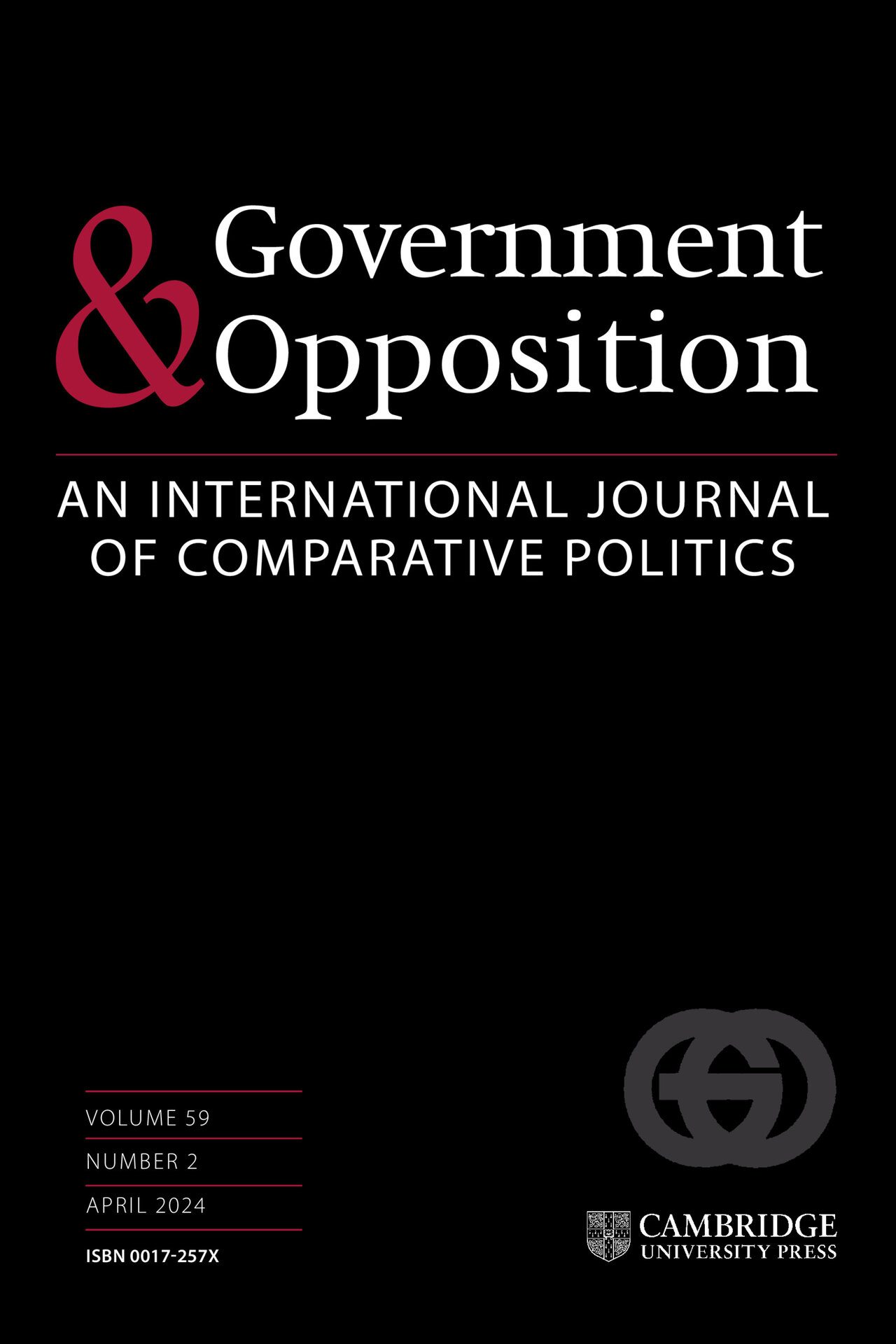Convicting Politicians for Corruption: The Politics of Criminal Accountability
Why are politicians more likely to be prosecuted and convicted for corruption in some contexts rather than in others? Pulling together disparate threads of the literature on what we call the politics of criminal accountability , this review organizes current explanations along three levels of inquiry: (1) micro , encompassing characteristics of individual criminal-accountability agents and defendants, such as their partisanship and ideology, professional ethos, enforcement costs and judicial corruption; (2) meso , emphasizing the independence, capacities and coordination degrees of criminal-accountability institutions; and (3) macro , including the impact of political regimes, political competition, support from civil society, corruption levels and international norms. In doing so, we draw attention to methodological shortcomings and opportunities for research on the topic, providing a roadmap for this field of inquiry that also includes unexplored questions and tentative answers. Furthermore, we present new systematic data set that reveals a substantial increase in the conviction of former heads of government for corruption since 2000, underscoring the importance of the phenomenon and highlighting the need for further research into the politics of criminal accountability.
Da Ros, Luciano, e Manoel Gehrke. 2024. "Convicting Politicians for Corruption: The Politics of Criminal Accountability." Government and Opposition, preprint.


